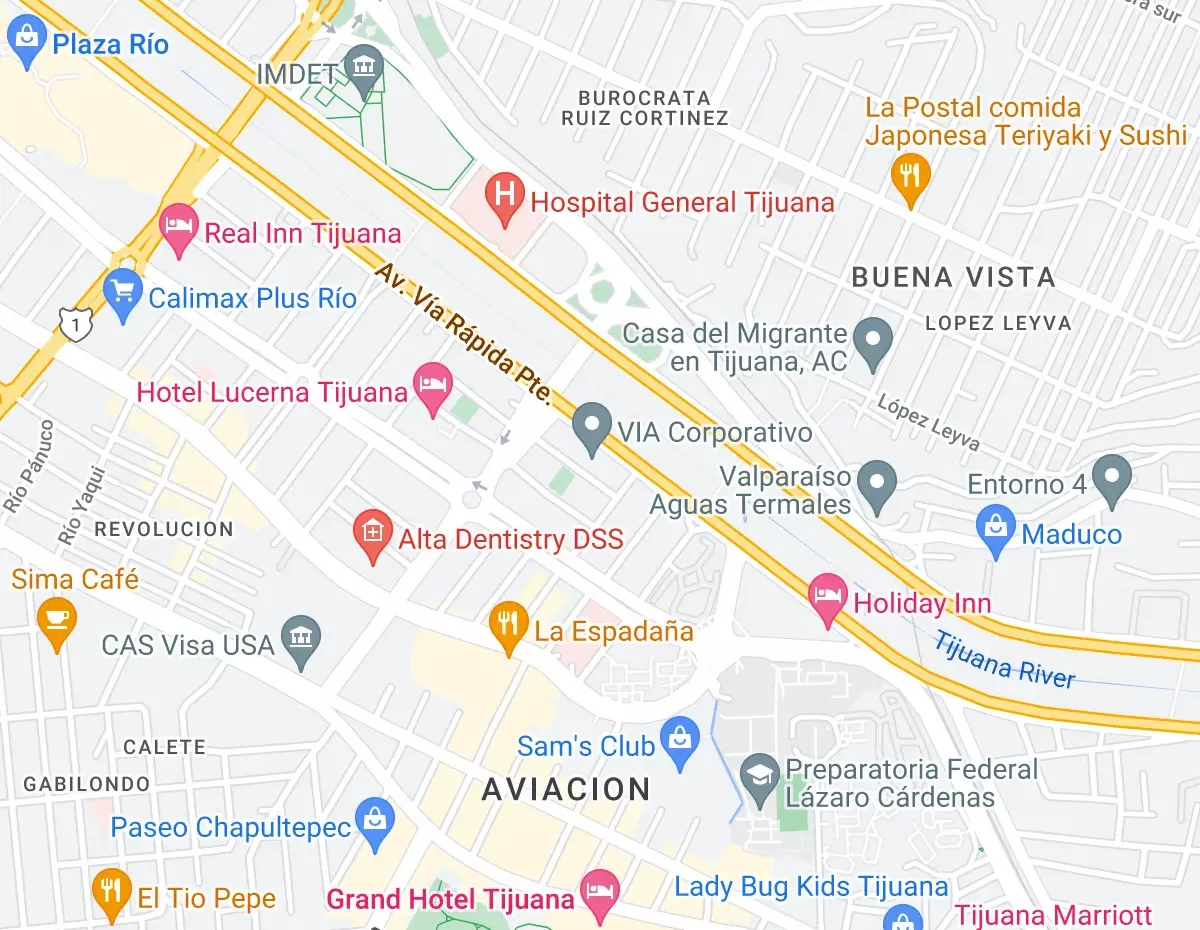Harms Related to Methadone Use
Although methadone has helped millions of people discontinue heroin use, and thus reduced the harm associated with its use (infectious diseases, crime, marginalization, etc.); it can also produce an iatrogenic effect, which is difficult for many users to overcome. In this article, we will find the answer to Could Ibogaine Be the Answer to Methadone Addiction?
Many methadone patients who previously had problems with heroin addiction are now perfectly integrated into their environments, with no significant problems…. BUT, they have now have a physical dependence on methadone that needs to be addressed.
There are long-term negative physiological effects of continued use of methadone. These include cardiac issues. One recent study also found that people stabilized with high doses of methadone in maintenance treatment have more medical, cognitive, and emotional problems compared to people who have managed to complete addiction treatment. Those who enjoy a sober lifestyle have a much better quality of life than those who are hooked on methadone.
New Ibogaine Research Shows Promise for Treating Methadone Dependency

Ibogaine is a psychoactive alkaloid naturally occurring in the West African shrub iboga. While ibogaine is a mild stimulant in small doses, in larger doses it induces a profound psychedelic state. Historically, it has been used in healing ceremonies and initiations by members of the Bwiti religion in various parts of West Africa. People with problem substance use have found that larger doses of ibogaine can significantly reduce withdrawal from opiates and temporarily eliminate substance-related cravings.
Since the 1960’s, the properties of ibogaine have been known to reduce opioid addiction in a number of research studies. The popularization of this plant medicine as a possible anti-addictive drug has resulted in many people on methadone wanting to cease their methadone dependency by using this addiction treatment.
Recently, a clinical case study undertaken by the International Center for Ethnobotanical Education Research and Service (ICEERS) was published in the Journal of Psychedelic Studies. It documented how a person was successfully detoxed from methadone using low but increasing doses of ibogaine.
What The Ibogaine Research Revealed
The ICEERS support service, in collaboration with Pangea Biomedics, supervised the detoxification of a 47-year-old woman who decided to use ibogaine to eliminate her dependency on methadone, which she had been taking for 17 years. While under constant medical and psychological supervision (including EKG monitoring), the woman alternated low, increasing doses of ibogaine with a progressive reduction of her methadone consumption over a period of six weeks.
After taking her dose of methadone, she waited for the onset of withdrawal symptoms. When they appeared, she took a 300mg dose of ibogaine. When the symptoms appeared again, she took half of her maintenance dose of methadone.
This process was repeated, with the patient alternating increasing doses of 100mg of ibogaine with a reduction to half of the previous dose of methadone such that after a final dose of 600 mg of ibogaine her withdrawal symptoms disappeared completely. One year after the treatment, the patient remained abstinent from using methadone or other prescription opioids. She continued to occasionally use heroin, however; she used it much less frequently than when she was on methadone.
The Future of Ibogaine Treatment for Methadone Dependence
Despite the promising results from this case study and several others, ibogaine’s legal status remains a barrier for conducting more research and for integrating ibogaine into existing treatment systems.
This plant medicine has been illegal in the United States since 1967 and is classified as a hallucinogen in Schedule 1. It is also illegal in nine countries in the European Union. In other countries, ibogaine is unregulated (i.e. neither approved nor illegal), except for in Brazil, New Zealand, and South Africa where it is regulated as a pharmaceutical for use by licensed medical practitioners.
Additional clinical studies are needed to verify that low dose ibogaine treatment is effective and safe for methadone detoxification. If such a treatment program proved effective, the number of lives that could be saved would be incalculable.
Please read more articles on Ibogaine in our blog
Here's a testimonial of a clients experience with ibogaine:




